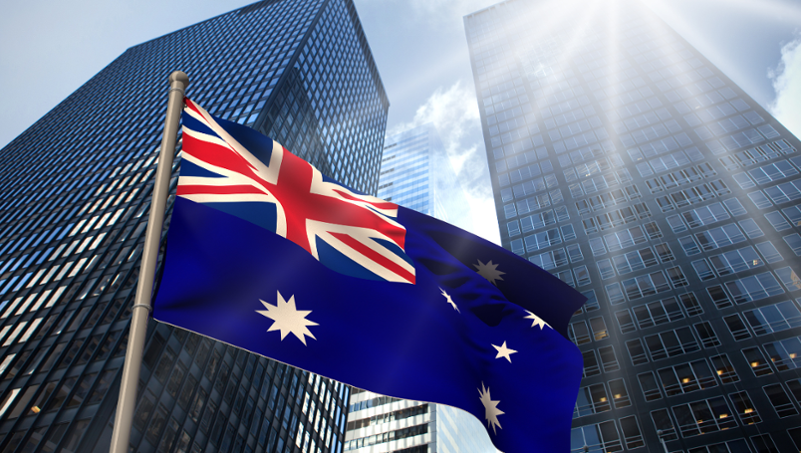This article first appeared in the AFR on 4 June 2023
An eye towards a green premium, the additional cost of choosing a clean technology over one that emits more greenhouse gases, could help secure Australia’s future as the critical mineral supplier to the world. While mining is in our DNA, we generally ship raw materials for processing offshore. But as trading partners scramble to secure critical minerals, we may wish to expand our role from miner to include refiner.
Moving downstream in critical materials such as lithium, nickel and rare earths would allow Australia to extract more value (and jobs) from the minerals we export. This is clearly something the Australian Government is considering as part of its Critical Materials Strategy to be released soon, particularly if Australia is treated as a domestic supplier under the ‘US Inflation Reduction Act’ (IRA) as the recent ‘AUS-US Climate, Critical Mineral and Clean Energy Compact’ proposes.
But we need to be realistic about the opportunity and learn from past mistakes we’ve made. It will be essential that we partner with the right companies to bridge the gap between our mining and our processing expertise.
Historically we’ve coveted the processing industry for the much-valued job creation it brings to market. In the 1990s, BHP and Rio Tinto, coerced through licensing conditions, established steel making facilities to process iron ore. But while we lead the world in iron ore mining, our lack of experience in steel manufacturing resulted in billion-dollar write-offs for both BHP (HBI) and Rio Tinto (HIsmelt) and the closures of their steel making facilities.
Cost of labour and the distance to end markets generally means it is cheaper to process critical minerals offshore. POSCO recently estimated that it would be 40% cheaper to process lithium in South Korea than Australia. But while critical mineral processing is unlikely to become significantly cheaper in Australia, it may prove compelling for government co-investment if it can attract a ‘green premium.’ Processing critical minerals domestically reduces its carbon intensity as it eliminates the shipping of waste ore. Furthermore, if this processing is powered by renewable energy, it could then significantly reduce the carbon footprint of EV batteries, something automakers and their customers may be willing to pay for.
New EU battery regulation signals the direction of travel for the industry. If approved in June, EV manufacturers as of 2025 will need to conduct ESG due diligence all the way through their supply chain. The risk categories to be assessed are broad and complex but include air pollution, water use, soil protection and biodiversity as well as health and safety, labour rights, human rights, and community impact. The European market is currently the second largest electric car market, accounting for 25% of EVs sold in 2022, and Australia is well positioned to meet the EU’s proposed green criteria.
US legislation is yet to follow suit however it does require that 40-80% of the value of EV critical minerals be sourced from the US or a free trade partner to be eligible for subsidies. This is designed to diversify the supply chain, with China currently accounting for 80% of the world’s processed rare earths.
This will likely lead to a bifurcation in pricing or de-commoditisation of critical minerals into IRA friendly and unfriendly sources. But commodities are difficult to trace and can be easily blended at port, combining IRA friendly and unfriendly sources in what would amount to “commodity laundering.” Mining and processing onshore would be expected to improve provenance and traceability for regulatory compliance, ensuring an Australian ‘green premium’ could be trusted and rewarded.
As part of the Government’s critical minerals strategy, encouraging the development of a ‘Green Metal Certification,’ perhaps with blockchain based supply-chain transparency for individual contract fulfilment, could be the first step towards attracting a ‘green premium’ for products that are sourced and processed meeting best ESG practices.
This would improve the viability of Australian downstream investment, help US and European automakers to meet their regulatory requirements and could trigger the de-commoditisation of commodities to the benefit of Australia’s substantial critical mineral wealth.


